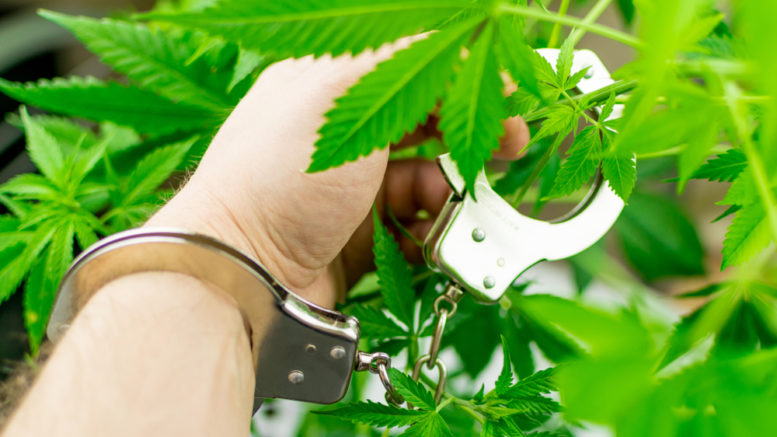Portuguese hemp association CannaCasa has denounced regulators for “unacceptable and undignified administrative practices” the group said are unfairly targeting some stakeholders and restricting development of the sector. In a statement issued Monday, the association decried government overreach that has resulted in recent raids and arrests of hemp farmers.
“CannaCasa hereby denounces the unacceptable and undignified administrative practices, as well as completely repudiating the humiliating and unnecessary control actions of the various entities of the security forces,” the association said in the statement from its board of directors.
In the most recent incident, hemp farmer Pawel Szopa, a CannaCasa member through the Lusicanna hemp cooperative, was arrested last week in a raid by agents of the National Republican Guard (GNR). Shortly before the raid, Szopa had received an email from Portugal’s hemp regulator, the General Directorate of Food and Veterinary Medicine (DGAV), rejecting his request to grow hemp, a source told Cannareporter.eu
Late authorizations
Portuguese hemp farmers have criticized the DGAV for failing to provide hemp growing authorizations until it was too late to plant hemp for fiber and grain this year.
Szopa’s detention comes after hemp farmer Hugo Montiero was arrested earlier this month, and grower Barry McCullough was raided in July. The three are among several farmers in Portugal who put in hemp this year without having specific regulatory approval, presumably as a protest against DGAV licensing delays – and to keep their businesses going.
Montiero, who has been a vocal critic of DGAV, had sent a letter to the agency on Aug. 27 expressing frustration over licensing delays, and indicating he intended to plant a hemp crop. Ten days later he was arrested by GNR and told that his farming application to the DGAV had been rejected.
‘Highly harmful’
“The actions of the GNR and the security forces, despite being legitimized by the exercise of the narcotics control function, are highly harmful to the suitability of our members and are equally harmful to farmers in economic terms,” Canna Casa said in Monday’s statement.
The association noted that while some of its hemp farmers received authorization, the DGAV withheld permission from others arbitrarily. “Several . . . associates, under equal circumstances, had their applications rejected, when documents similar to the approved farmers were submitted,” CannaCasa noted in the statement.
CannaCasa said it has made unsuccessful efforts to obtain clarification on hemp authorizations and other matters from the DGAV since last November, and “is forced to look for other ways to obtain the recognition that the culture in question deserves by government institutions.”
Industry representatives have said the government failed to consider the concerns of hemp stakeholders in establishing a legal framework for hemp despite the industry’s many efforts to help shape reasonable rules.

